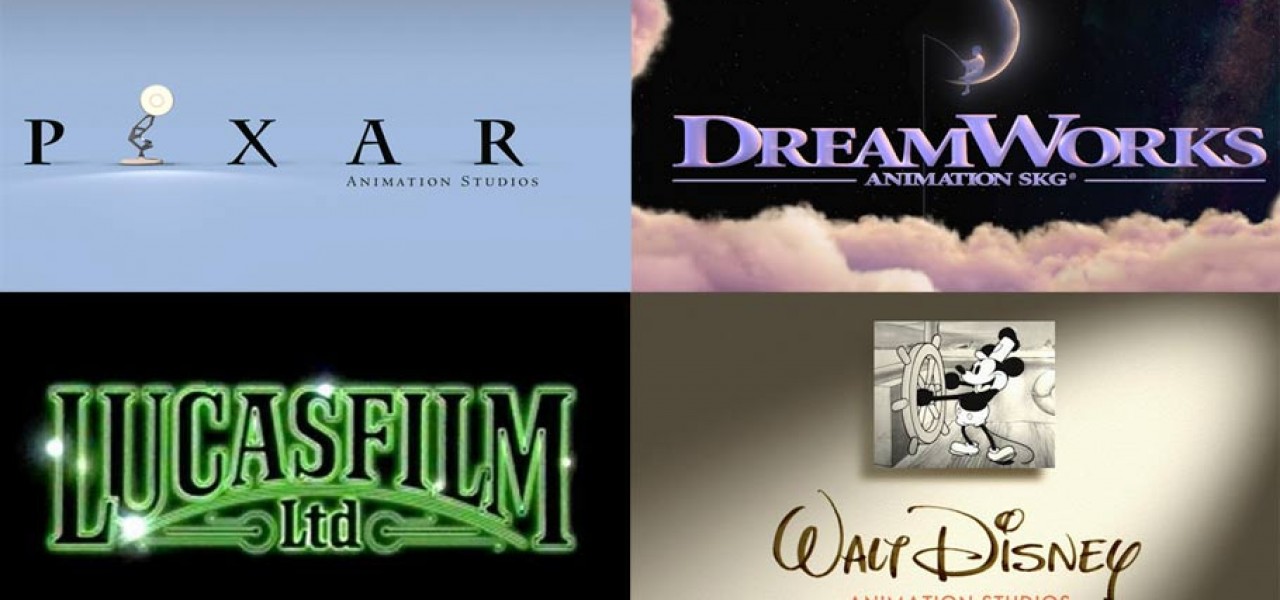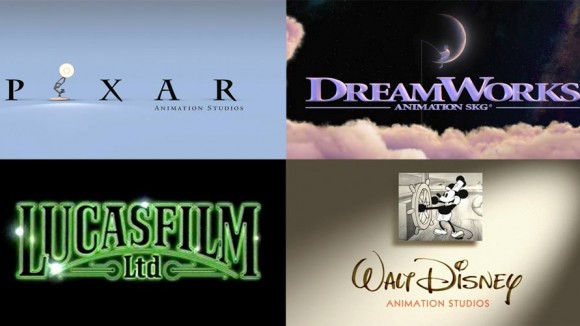

Disney, DreamWorks, Pixar, Lucasfilm, Sony Are Sued in Wage Theft Scandal

For the past few years, the Silicon Valley wage-theft scandal has focused mostly on tech companies like Apple, Google, Intel and Adobe, but as the story has played out, it’s been revealed through deposition testimony that competing feature animation studios worked together to collectively suppress their employees’ earnings potential and that Pixar’s co-founder Ed Catmull played a major role in orchestrating an industry-wide conspiracy against animation employees.
This evidence has led to a new class action lawsuit filed yesterday in San Jose that alleges “visual effects and animation companies have conspired to systematically suppress the wages and salaries of those who they claim to prize as their greatest assets—their own workers.” The defendants named are DreamWorks Animation, the Walt Disney Company, Pixar, Lucasfilm, Digital Domain 3.0, Sony Pictures Animation, Sony Pictures Imageworks and ImageMovers. According to the suit, these companies made secret agreements to deprive thousands of their workers of better wages and opportunities to advance their careers at other companies.
The lawsuit was filed on behalf of former DreamWorks Animation character effects artist Robert Nitsch by Cohen Milstein Sellers & Toll, a firm that specializes in class action lawsuits for victims of corporate abuses. Many studios and individuals are implicated in crafting the illicit non-soliciation agreements, but Catmull remains a central figure:
Catmull and other leaders of the conspiracy policed any violation of the conspiracy, even when it did not directly involve efforts to recruit their own employees. Whenever a studio threatened to disturb the conspiracy’s goals of suppressing wages and salaries by recruiting employees and offering better compensation, the leaders of the conspiracy took steps to stop them for the anti-competitive benefit of all conspirators. For example, when ImageMovers began recruiting workers for its digital wing, ImageMovers Digital, in 2007, Catmull intervened to stop them from targeting other conspirators, even though he knew they would not target his company Pixar. His express purpose in doing so was to keep solicitation efforts from “mess[ing] up the pay structure.” At Catmull’s request, a Disney senior executive advised ImageMovers to comply with the broad conspiracy.
The intent of the conspiracy was to suppress wages throughout the industry. As Catmull later explained under oath, his concern about “mess[ing] up the pay structure” was that it would make it “very high.” Lucasfilm’s then-President Jim Morris explained the goal even more succinctly in a June 2004 email to Catmull: “I know you are adamant about keeping a lid on rising labor costs.” In Catmull’s view, the agreements “worked quite well”—to the benefit of Defendants’ bottom lines, but at the expense of workers throughout the visual effects and animation industry.
There are plenty of damning details in the class action complaint. In one part, it says that Lori McAdams, Pixar’s current v-p of human resources, sent an email in 2006 to human resources personnel at DreamWorks, Sony Pictures Imageworks, Lucasfilm, Walt Disney Animation Studios and others studios asking:
Quick question from me, for those of you who can share the info.
What is your salary increase budget for FY ’07? Ours is [REDACTED] but we may manage it to closer to [REDACTED] on average. Are you doing anything close, more, or less?”
An explanation follows for why such an email is so shockingly inappropriate between competitors:
In other words, Pixar’s top human resources executive emailed six direct competitors with the future amount that Pixar would be raising salaries and then requested the same information from the other studios…No studio acting in its independent self-interest in the absence of a conspiracy to suppress wages would share this information, let alone with such a large group of competitors. Absent an agreement not to compete on wages and salaries, any studio sharing such information would be handing its competitors specific information about how much they needed to raise their offers to outbid it. Such behavior only makes sense in the context of a conspiracy to suppress wages and salaries. The only possible benefit to Pixar from such an action was the facilitation of industrywide suppression of wages and salaries.
The entire 27-page lawsuit can be read below:
Disney is the only studio that has responded to the class action. “We believe this complaint is utterly without merit and intend to defend against it vigorously,” the company told the LA Times.
Mark Ames, who has been covering this story for Pando Daily, wrote yesterday about the importance of the Silicon Valley (and now animation-industry) wage-fixing scandal:
What makes this story so important is that this is the first time we know of when antitrust laws have been successfully used against an illegal wage-theft conspiracy. New ground is being broken in the suit — and workers are learning that the consequences of inequality and incestuous board room relationships effects everyone on the outside, from well-paid tech workers, to barely-secure VFX artists, down to the minimum wage workers who service the Valley and Hollywood studios.
Much more to come…

